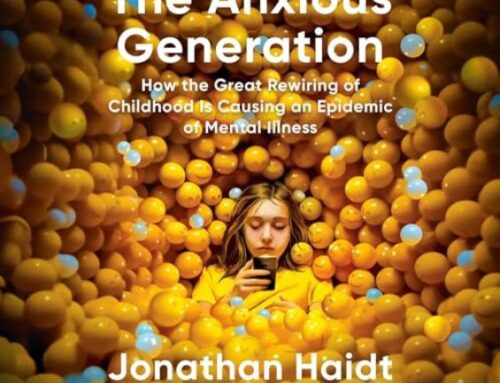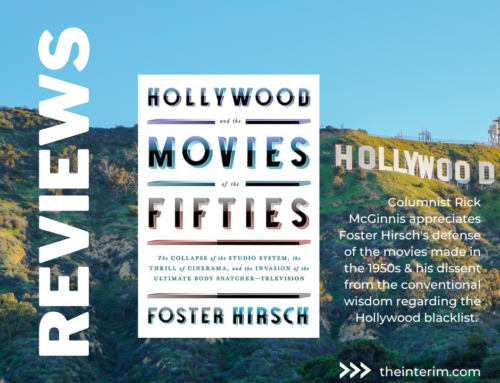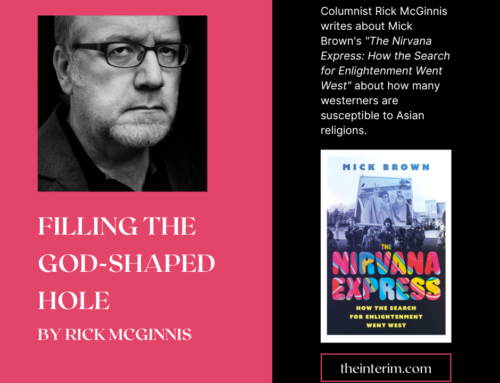 We are apparently in the middle of another surge of religious films, which is a sure way of telling that Hollywood is losing money and running scared and desperate to pull in the audience they do their best to ignore when times aren’t so lean. Forgive me for sounding cynical, but if you think I’m being bleak, I dare you to name one masterpiece of religious filmmaking made since Mel Gibson brought box office gospel back into play with The Passion of the Christ.
We are apparently in the middle of another surge of religious films, which is a sure way of telling that Hollywood is losing money and running scared and desperate to pull in the audience they do their best to ignore when times aren’t so lean. Forgive me for sounding cynical, but if you think I’m being bleak, I dare you to name one masterpiece of religious filmmaking made since Mel Gibson brought box office gospel back into play with The Passion of the Christ.First off the blocks was God’s Not Dead, probably the most sincere film of the bunch, though it suffers from being the cinematic version of the classic “straw man” debating mistake, by setting up the film’s villain (Kevin Sorbo as a belligerently atheist university prof) for a very big fall. Heaven is for Real was next, and tells the story of a preacher’s son who survives a near-death experience convince he’s glimpsed the afterlife.
“It’s an insulting script,” wrote filmmaker Marcus Pittman on the gospelspam.com website. “This is a script written by a major studio, specifically to cater to the evangelical market–assembly line Christianity. It’s completely contrived in every way. This is Hollywood mocking Christianity in every frame, knowing that evangelicals will eat it up.”
If I Stay, a vehicle for starlet Chloe Grace Moretz, is another story about an out-of-body experience, at the heart of a teen romantic drama. It doesn’t have any explicit religious message, but it’s hard to imagine any Richard Dawkins fans paying to sit through a story that falls apart if you don’t believe in a soul or an afterlife.
The big enchilada, though, is Noah, Darren Aronofsky’s expansive reimagining of what boils down to roughly two pages in my King James edition of the Bible, and more proof of my dictum that every film, no matter where it’s set, is about the time in which it’s made. In the case of Aronofsky’s story of the Flood and the Ark and the animals two by two, Noah is a parable about resource depletion and environmental extremism and the toll that humans take on the planet.
Set in the same sort of murderous dark ages wilderness that we glimpse whenever a character in Game of Thrones leaves the cities, it stars Russell Crowe as Adam’s descendent, the lone righteous man living on the fringes of a world that mankind has despoiled with industry and consumption in just nine (very long) generations; a vegan rebel troubled by visions that give him responsibility for the survival of every non-piscine creature in the aftermath of God’s imminent, cleansing wrath.
Not content with storybook versions of Noah, bearded and robed and tending to his seagoing menagerie, Aronofsky draws on Gnostic and Kabbalah traditions and gives Noah a workforce of angels encased in rock, and a villain – Tubal Cain – drawn from the margins of the book of Genesis and given menacing form by Ray Winstone, who rants about blood and violence while snacking on unfortunate sleeping inmates of the Ark.
It’s outlandish, to be sure, but what story taken from the Old Testament – provided it isn’t a genealogy or a list of laws – doesn’t demand cutting edge visual effects to do it justice?
It’s also hard to blame Aronofsky for wanting to beef out the compelling but scant facts of Noah with superhero powers, a palpable villain and what are essentially biodegradable Tranformers; telling the story of Moses, Cecil B. DeMille needed the modest but undeniable effects that came in the shape of Anne Baxter’s purr and Edward G. Robinson’s yowl.
More startling is the easy fit the director’s message of environmental alarm makes with this tale of divine retribution. Secularism might have pushed religion to the margins of the west, but its absence has created a vacuum that fervent sermons about climate change and man’s inherent culpability have begun to fill. The similarity that rants about the despoiling of earth, air and water have with the apocalyptic message of Revelations – right down to predictions of war, pestilence and famine – have been noted for years now, so it’s probably overdue that true believers in the green gospel would turn to the original apocalypse of the Old Testament.
The media loves to depict the battle over climate change as one of reason versus faith or science against ignorance, but that narrative was dead in 2008, when Barack Obama announced that voting for him would end the rise of the oceans and begin the healing of the planet. It was the moment when a new fundamentalism found its voice, and with Noah that hungry new faith is building propaganda for a new religion with the parables of an old one.




